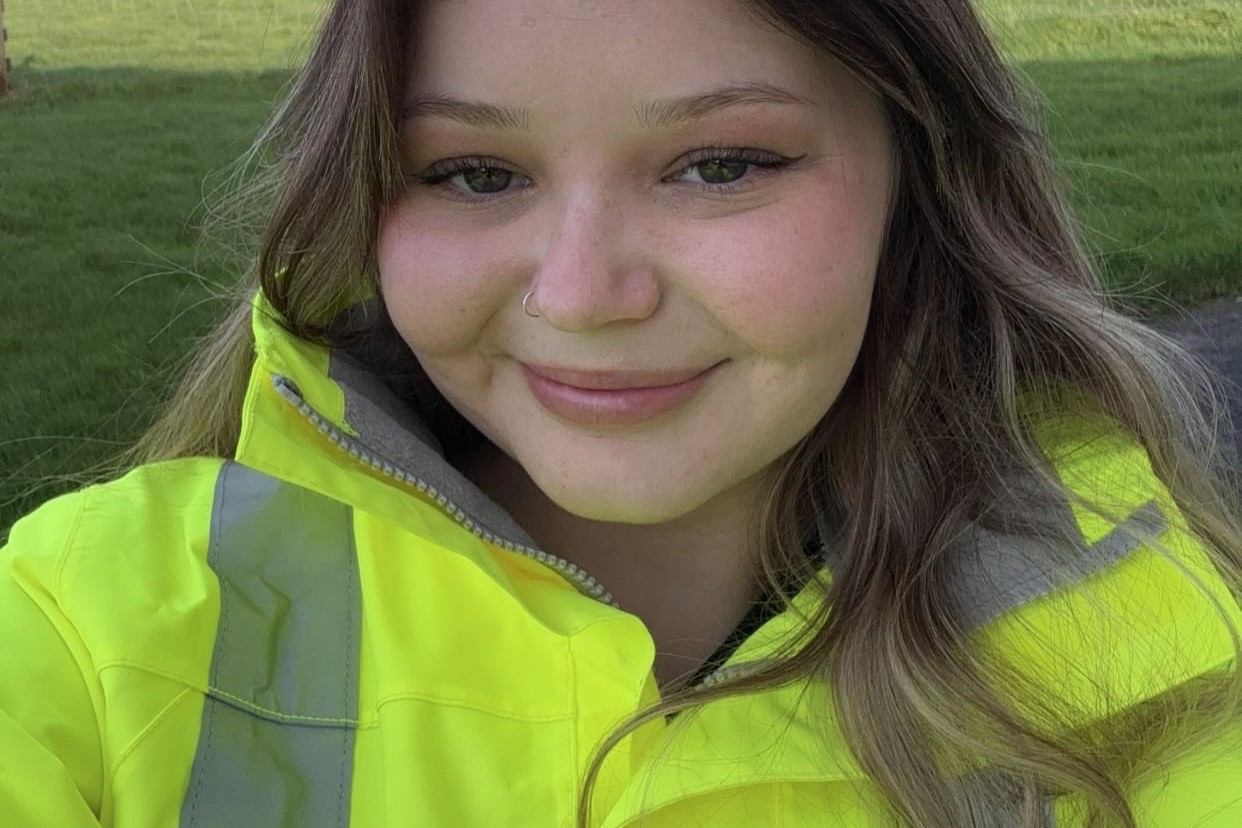A Level Geography
A level Geography offers you an exciting issues-based approach to studying both physical and human aspects of the subject. Applying your newly-developed geographical knowledge, understanding and skills to the world around you, you will engage critically with a wide range of complex contemporary issues such as tectonic hazards, climate change, resource security, globalisation and superpowers.
Key information
Humanities / Full Time / A Levels and Equivalent

Why choose this course?
Michael Palin (former President of the Royal Geographical Society) has said that “Geography explains the past, illuminates the present and prepares us for the future. What could be more important than that?” Inspired by Geography as one of the key disciplines relevant to understanding the world’s changing places and peoples, you will also develop a sense of achievement as you grow as a critical, independent thinker and as an informed and engaged citizen.
Callywith's Geography Team are excited to offer you a range of experiences that go far beyond the classroom. From connections to local degree apprenticeships and universities, we are also fortunate enough to offer three voluntary international trip opportunities to Iceland, Toronto CA and Eswatini.
The Eswatini trip offers the chance to volunteer and support the Geography Department's own charity Boom Shewula Wula which runs across Truro, Penwith and Callywith Colleges. The charity helps fund access to education in Eswatini and runs an annual trip to visit the community. For further information about the charity, CLICK HERE.
Read what our students have to say about our ESWATINI and ICELAND trips.
What will I learn?
The full A Level Geography course is outlined below. Our awarding body is Edexcel.
Paper 1 (externally-assessed written examination; 30% of the A level)
Tectonic Processes and Hazards (Year 1)
Understanding of the causes of tectonic hazards is key to both increasing the degree to which they can be managed, and putting in place successful responses that can mitigate social and economic impacts and allow humans to adapt to hazard occurrence.
Coastal Landscapes and Change (Year 1)
Coastal landscapes are increasingly under threat from both physical processes and human activities, and there is a need for holistic and sustainable management of these areas.
The Water Cycle and Water Insecurity (Year 2)
Water plays a key role in supporting life on Earth. Changes to the most important stores of water are a result of both physical and human processes. Water insecurity is becoming a global issue with serious consequences and there is a range of different approaches to managing water supply.
The Carbon Cycle and Energy Security (Year 2)
A balanced carbon cycle is important in maintaining planetary health. Changes to the most important stores of carbon and carbon fluxes are a result of physical and human processes. Reliance on fossil fuels has caused significant changes to carbon stores and contributed to climate change resulting from anthropogenic carbon emissions.
Paper 2 (externally-assessed written examination; 30% of the A level)
Globalisation (Year 1)
Globalisation and global interdependence continue to accelerate, resulting in changing opportunities, inequalities and cultural impacts. Recognising tensions in communities and pressures on environments will help players implement sustainable solutions.
Diverse Places (Year 1)
Local places vary both demographically and culturally with change driven by local, national and global processes. Variations in past and present connections with places lead to very different lived experiences of places at a local level.
Superpowers (Year 2)
Superpowers and emerging superpowers have a very significant impact on the global economy, global politics and the environment. The spheres of influence between these powers are frequently contested, resulting in geopolitical implications.
Health, Human Rights and Intervention (Year 2)
Traditional definitions of development are based largely on economic measures but have been increasingly challenged with both human health and human rights being seen as significant measures of the progress of a society. The impact of geopolitical interventions on both human health and human rights is variable and contested, which can lead to inequalities and injustice.
Paper 3 (externally-assessed written examination; 20% of the A level)
Paper 3 will provide you with a resource booklet containing information about a geographical issue within an unfamiliar place-based context. This issue will be rooted in topics studied for Papers 1 and 2. To prepare for Paper 3, you will develop your ability to draw synoptically on knowledge, understanding and skills from across the course.
Non-examined Assessment (internally-assessed written coursework; 20% of the A level)
This non-examined assessment requires you to define a geographical question for independent investigation. Your investigation may be either physical or human (or both) and will be clearly linked to an area of the taught course. It will incorporate both primary fieldwork data and secondary data. Your written report will evidence independent analysis of this data.
Information & Support
We provide extensive “further study” resources relating to Geography both within and beyond the specification. We also offer our students geographical field study visits to Iceland, Toronto, Swaziland and Honduras.
“Thanks for everything over the last two years. The knowledge I had about places I visited [during my Gap Year] was largely due to your lectures, and really made a difference in understanding the demographics and landscapes of the places I saw.” (Meg W, former A level Geography student)
What will I need?
Five GCSEs at grade 4 or above including Maths grade 4 and a 5 in English Language or Literature.
Additional Information
Awarding Body:
Edexcel
To obtain more information about this course, please call: 01208 224000 or email enquiry@callywith.ac.uk







